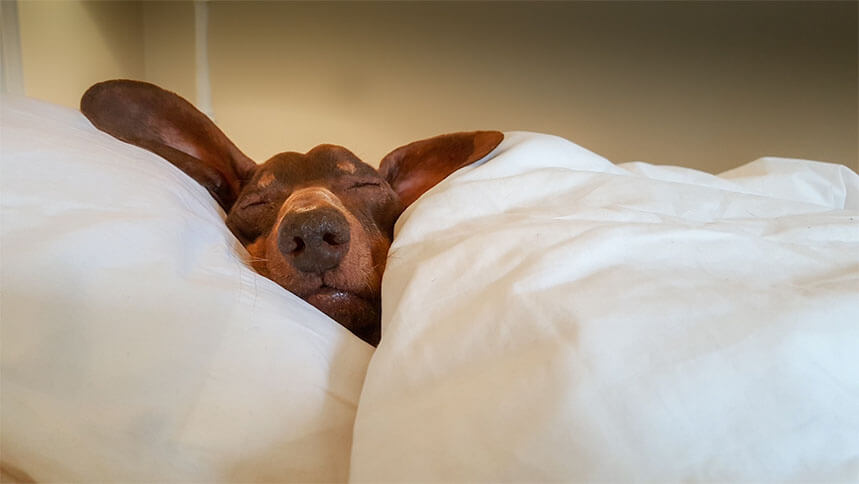Know More About Irregular Sleep-Wake Cycle
Globally, sleep is generally considered and practiced as a nighttime activity. We fall asleep at night after a long day to ensure our body rests and recovers. However, there are people who suffer from the rare case of irregular sleep-wake cycles. This condition is an uncommon form of circadian rhythm sleep disorder. People suffering from this condition tend to sleep in several smaller intervals during a 24hour period. For instance, one may sleep between one and four hours in many sessions over the course of a day. This unstructured, irregular, and disrupted sleep pattern characterizes the condition.
People with the condition might have poor quality sleep, insomnia, drowsiness, fatigue, mental, physical, and social issues given that they have no sleep pattern. While some might get adequate sleep over the 24hour put together, the irregular pattern in itself induces several risks.
Irregular sleep-wake cycle/disorder (ISWD): Causes
The root cause itself can either be a lack of or a weak circadian clock. Simply put, if your internal clock does not respond to day or night with a schedule, you have a risk of ISWD.
Risk of ISWD are contributed by neurological, medical, and psychiatric disorders. Causes include brain damage, dementia, or intellectual disabilities. In addition, with age, the risk of the condition increases. Other factors that could contribute to a temporary irregular sleep cycle include lifestyle, working hours, and long haul travels. If the irregular sleep-wake cycle continues over time, it can have adverse effects on the body and mind.
Symptoms & Signs
Here is a list of warning signs to look out for:
- Excessive daytime drowsiness or sleepiness;
- The trouble with restorative sleep;
- Falling asleep during the day and the night in small intervals with no regular pattern.
Please remember that ISWD is a rare condition. Consult with your doctor if you suffer from ISWD, insomnia, or another circadian sleep disorder. The doctor will start with your medical and recent sleep history. Medical history details can include neurological and psychiatric. In addition, alcohol use, family health history, medication intake, etc., provide vital information.
The doctor will diagnose the condition with either a sleep diary or an actigraph. You will be required to record your sleeping records in the sleep diary – the number of hours and time of sleep every 24 hours. An actigraph is similar to a watch and it too records your sleep-wake cycle. This data is studied over time to assess the condition.
Steps to Control or Manage ISWD
Post diagnosis, your doctor should suggest the best steps forward. There is no overnight or easy cure for the condition. However, with the following steps, you can work towards managing the issue.
- Melatonin supplements at desired sleep time. The hormone is essential to regulate healthy sleep cycles.
- Build a routine into your day that includes exercise, social interaction, meals at ideal times, and other activities.
- Exposure to light during the day is essential.
- Use of sleep and wake aids.
- Improving your sleep environment.
The intent is to reset your sleep cycle to a regular routine over time. An ideal first and easy step is to upgrade your sleep environment. The bed should be both inviting and comfortable. For this reason, consider upgrading to bamboo sheets for your bed. Bamboo sheets are far superior in comfort, breathability, and luxury compared to conventional cotton sheets.












